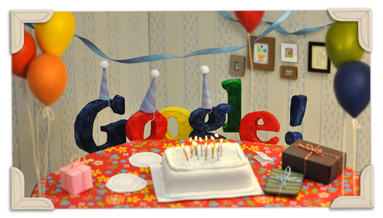“A good deed in a naughty world”
To some the world of advanced digital technology is not only replete with incomprehensible terminology, but it is also shot through with avarice, protectionism and greed. Perhaps it is time they turned their eyes towards the Raspberry Pi Foundation and its tiny affordable computers. In the words of Shakespeare’s Merchant of Venice, their project shines like “a good deed in a naughty world”. Their simple computer, devoid of expensive software or glitzy casing, will be available for as little a $25.
A visit to their website reveals a disarming honesty about their approach to the project. They want to get children programming, and believe that the best way to do so is to market a computer that all can afford:
- We want to see it being used by kids all over the world to learn programming.
- We’re a charity, so you can’t buy shares in the company. If you want to support us, we’d love you to buy one. We’ll also be offering a package where you can do a buy-one-give-one purchase, and we’ll be accepting donations too once we start shipping.
We are so unaccustomed to such an approach that we tend to look for the catch. It might just be, though, that there isn’t one. Here a group of brilliant and generous inventors have pitted their wits against an observed problem and come up with a solution. As Chicago Guy writes on his blog, Steve Jobs and his designers came up with an invention which could put 1000 songs in somebody’s pocket, Raspberry Pi have come up with a device which could 1000 songs in everyone’s pocket.
If the comedy sketch below is ever made again, they might just have to work a raspberry pie into it somewhere!
[youtube http://www.youtube.com/watch?v=6dmhF1rqaZk&w=560&h=315]








